|
0 Comments
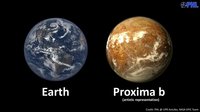 In Recent Science protests around the USA, people protested varying issues related to science. But one claim stuck out, protesters claimed there is no planet b? It turns out rather recently scientists have in fact found 6 possible b habitable exoplanets within a conservative habitable zone and additional 14 b habitable exoplanets within an optimistic habitable zone. Of the 6 b habitable planets within a conservative habitable zone, 3 are found within 14 light years from earth. Even more, Proxima Centauri b is only 4.22 light years from earth. Below is a list of b planets in the conservative habitable zone This is a list of the exoplanets that are more likely to have a rocky composition (which according to current research requires a radius of less than 1.6 R⊕ and a mass less than 6 M⊕) and maintain surface liquid water (i.e. between 0.5 and 1.5 R⊕ and between 0.1 and 5 M⊕, and orbiting within the conservative habitable zone). Note that this does not ensure habitability, and that * represents an unconfirmed planet or planet candidate. Earth is included for comparison. Below is a list of b planets in the optimistic habitable zone This is a list of the exoplanets that are less likely to have a rocky composition or maintain surface liquid water (i.e. 0.5 < planet's radius ≤ 1.5 Earth radii or 0.1 < planet's minimum mass ≤ 10 Earth masses, or the planet is orbiting within the optimistic habitable zone). Note that this does not ensure habitability, and that * represents an unconfirmed planet or planet candidate. 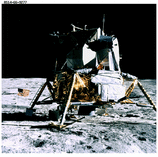 Response to OPINION: “EARTH FIRST” – AN EMOTIONAL ARGUMENT LACKING UNDERSTANDING OF THE FACTS. Space is expensive. However, most people that follow the space industry know that a initial investment is necessary for almost an infinite return later. And there is some top down economics happening as well. All the advance systems built are paid to some one. And they buy houses, commodities, investments, and give charity to important causes. In the long run, I think it just adds to the GDP. Long term, people do want to see a return on these investments, like being so they can buy a ticket to go live on the moon for a month. I think we have gotten a good return on space exploration via numerous new technologies, advancement on research, and a highly skilled aerospace work force.Furthermore, I think we are closer to a out post on the moon then we realize. When I say close I mean like 5-20 years. I think we have the technology to do it now, but it should be done safely and efficiently with a eye on long term return. A Long term return should include how do we increase traffic to space efficiently. Some very badly needed infrastructure might be needed to really cut costs of launches. Like the US highway System.... |
Click above to visit our Facebook page and click below to visit our Linkedin page
CategoriesArchives |
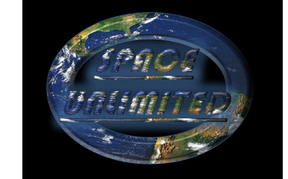
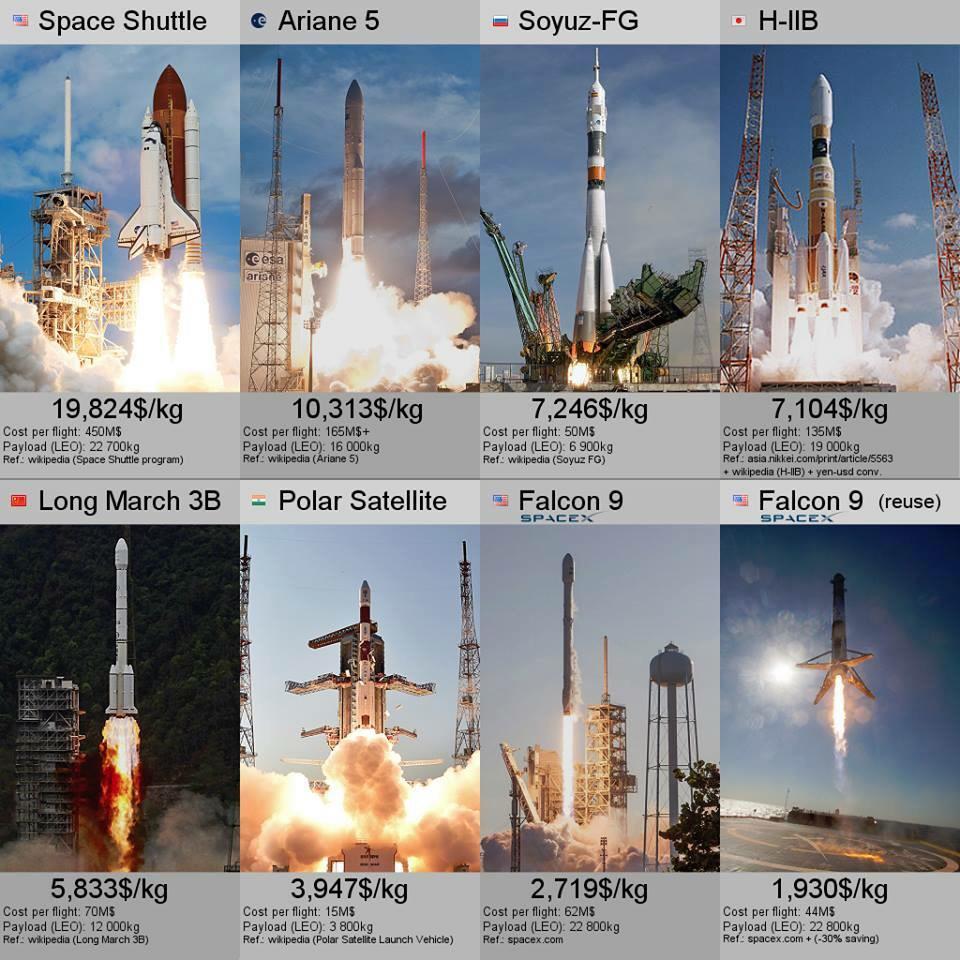
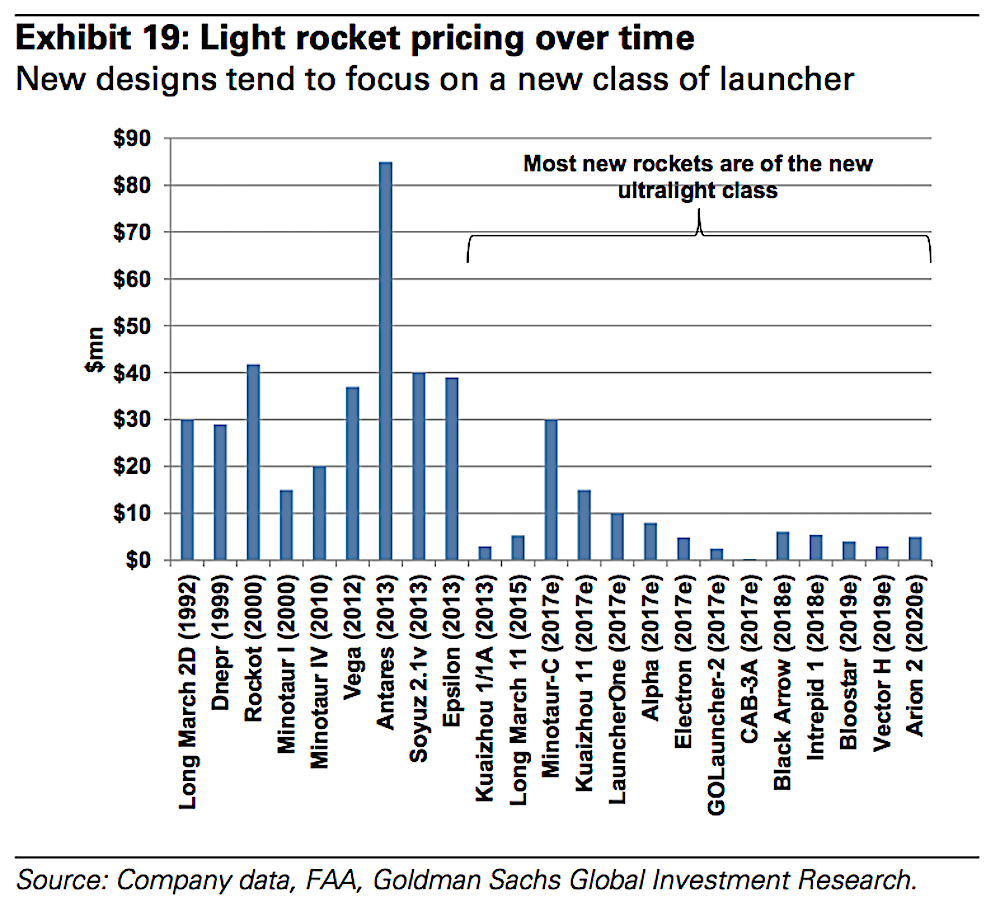

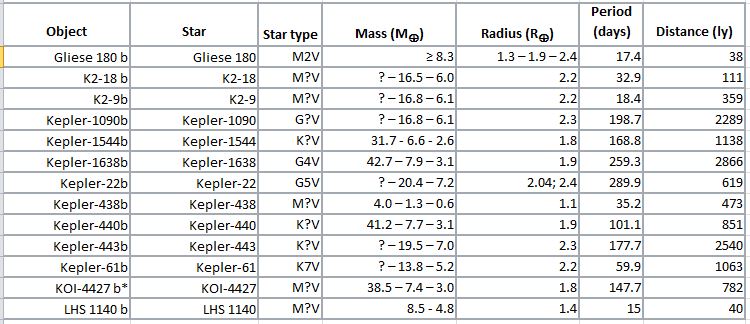


 RSS Feed
RSS Feed